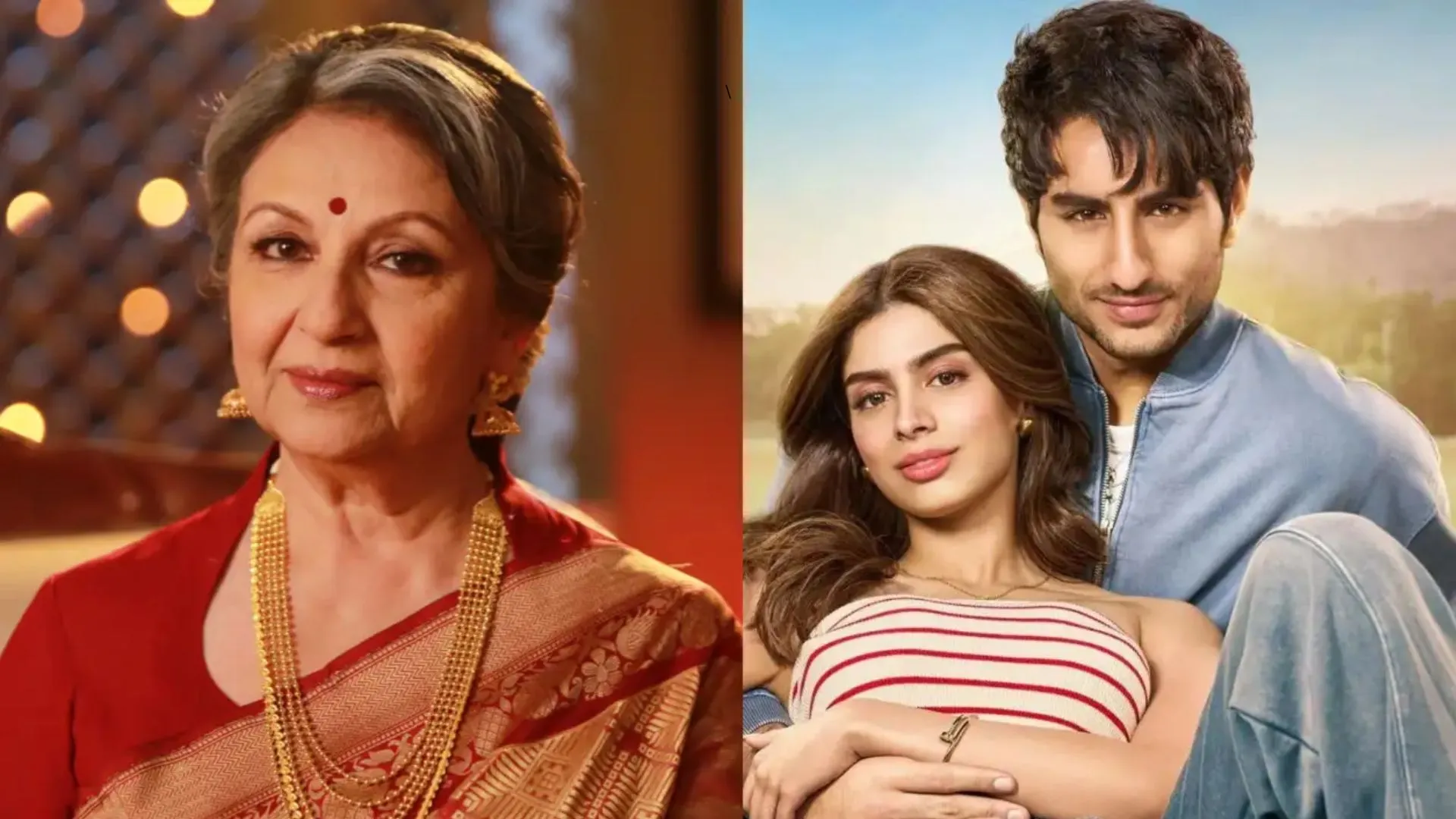Ayesha Takia, a name once synonymous with the girl-next-door charm of Bollywood in the early 2000s, has recently become the subject of internet scrutiny. The former actress, who stepped away from the limelight over a decade ago, found herself trending online after sharing videos of herself in a striking gold and electric blue silk saree. The reaction was swift and, unfortunately, harsh.
A Refusal to Engage with Negativity
In response to the wave of comments criticizing her appearance, Ayesha indirectly addressed the trolls with a calm and composed statement: “Did you notice how I just didn’t respond? Very mindful, very cutesy, very demure.” Her words reflect a dignified refusal to be drawn into the negativity that often accompanies public scrutiny, especially for women in the entertainment industry.
A Decade of Distance from the Spotlight
Ayesha Takia’s last major film appearance was in the 2011 release Mod, following her most notable role in the 2009 hit Wanted, alongside Salman Khan. Since then, she has largely remained out of the public eye, focusing on her personal life after marrying restaurateur Farhan Azmi in 2009. Despite her retreat from fame, any rare public appearance by Ayesha still seems to ignite discussions about her looks, underscoring the unrealistic expectations placed on women to remain unchanged by time.
The Trolls and the Toxic Commentary
The internet’s reaction to Ayesha’s latest posts ranged from disapproval to outright bullying, with comments criticizing her supposed cosmetic changes. Yet, Ayesha has never confirmed undergoing any procedures, and regardless, the fixation on her appearance points to a deeper issue—the unrealistic standards imposed on women, especially those who were once in the public eye.
A Broader Conversation on Public Scrutiny
While there were some voices of reason defending Ayesha, the majority of comments reflected a toxic culture that demands perpetual youthfulness from women. One user aptly noted, “People expect women to look the same they did in their teens or twenties for the rest of their lives. If they don’t do anything, they are aging badly. If they do something, they are fake and still aging badly. It’s exhausting.”
The Parasocial Problem
The entitlement displayed by many online critics points to a parasocial mindset—where the public feels a sense of ownership over celebrities’ lives, despite them having stepped away from the spotlight. In Ayesha’s case, this is particularly troubling, as she has made it clear that she has no interest in returning to fame or being in the limelight.
Conclusion: Time to Let Go
Ayesha Takia’s story is a reminder that public figures, especially those who have moved on from their careers, deserve the right to live their lives without being subjected to relentless scrutiny. As Ayesha herself has pointed out, it’s time for the internet to let her be—acknowledging that change is natural and should be embraced, not condemned.









